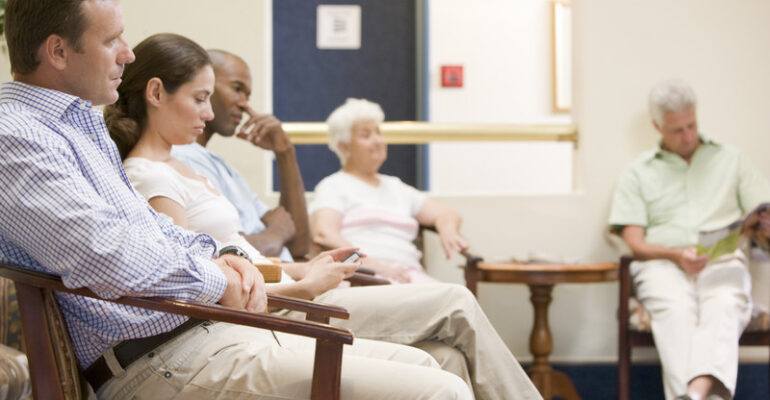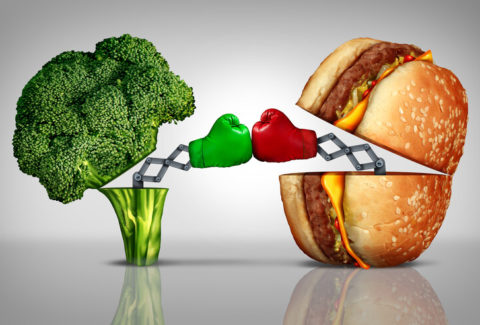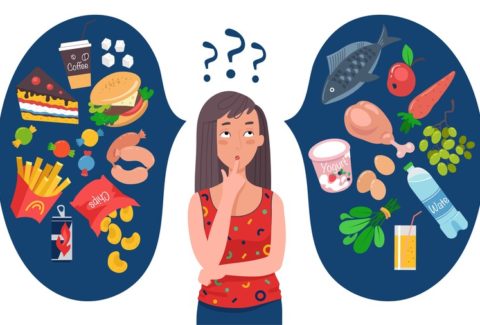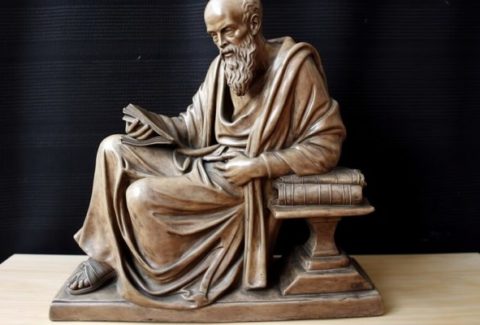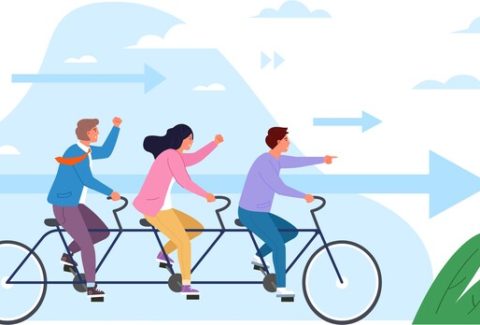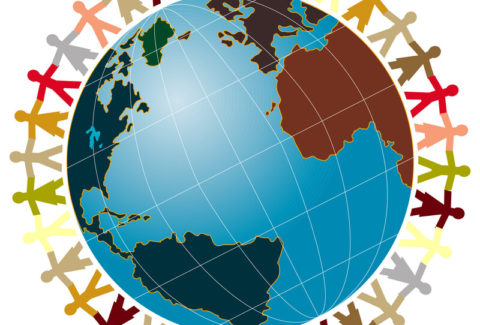New Strategies for Court Evaluations: What is your role as a clinician?
“In response, my colleagues and I set up a clinic. We did condom demonstrations. We launched school education and workplace interventions. We did research. We counseled the partners of infected men about how to protect themselves. We worked hard, and at the time, I believed that I was doing my best. I was providing excellent treatment, such as it was. But I was not talking about structural change.”
This is part of a TEDMed talk with Mary Bassett, the New York City Health Commissioner, entitled, “Why Your Doctor Should Care About Social Justice.” In 2015, when this talk was first released, I watched it, watched it, and watched it again. I felt she was speaking my language, a language I was afraid to speak, because I was afraid I would be misunderstood, thinking I was alone. However, when I heard Mary Bassett, the New York City Health Commissioner, of all people, speaking my language, I was pleasantly surprised, and I just could not help but watch it over and over again.
“But while living in Zimbabwe, I didn’t see my role as an advocacy or a political one. I was there for my technical skills, both my clinical and my research, epidemiology skills. And in my mind, my job was to take care of patients and carry out research, to better understand the population patterns of transmission, as I hoped that we’d slow the spread of the virus. I was aware that socially marginalized populations were at disproportionate risk of getting and dying of AIDS. As health professionals, our tools were pitifully weak: imploring people to change their individual behaviors, use condoms, reduce the number of partners. Infection rates climbed, and when treatment became available in the West, treatment that remains our most potent weapon against this virus, it was unaffordable to the public sector across Africa. I didn’t speak out about the unequal access to these life-saving drugs or about the underlying economic and political systems that were driving infection rates in such huge swaths of the population. I rationalized my silence by reminding myself that I was a guest in the country, that sounding the alarm could even get me kicked out, keep me from doing good work, taking care of my patients, doing much-needed research. So, I didn’t speak out about the government’s early stance on AIDS. I didn’t voice my concerns loudly enough,” continued Mary Bassett, which made me think, pause, think again, and wonder, how often I got into trouble for speaking up, but how, at times, I also remained silent and failed to speak up.
“Many doctors, health professionals, may think I did nothing wrong. Our pact with our patients, the Hippocratic Oath and its variants, is about the sanctity of the patient-doctor relationship. And I did everything I could for each and every patient of mine. But I knew that epidemics emerge along the fissures of our society, reflecting not only biology, but more importantly patterns of marginalization, exclusion, discrimination related to race, gender, sexuality, class and more … We do little for our patients if we fail to recognize these social injustices. Sounding the alarm is the first step towards doing public health right, and it’s how we may rally support to break through and create real change together. So, these days, I’m not staying quiet. I’m speaking up about a lot of things, even when it makes listeners uncomfortable, even when it makes me uncomfortable,” added an electrifying Mary Bassett. This part of the talk electrified me, and I promised myself I would speak up more, and regardless of the consequences, I would not remain silent.
“As health professionals in our daily work, whether in the clinic or doing research, we are witness to great injustice … Our role as health professionals is not just to treat our patients, but to sound the alarm and to advocate for change … I regret not speaking up in Zimbabwe, and I’ve promised myself … I will use every opportunity I have to sound the alarm … It’s time for us to rise up and collectively speak up … We don’t have to have all the answers to call for change. We just need courage. The health of our patients, the health of us all, depends on it.” Mary Bassett ended under the warmest applauses of her listeners, which may have easily been echoed by the millions and more of those who have viewed this talk.
As a clinician, do you see yourself as caring for your patients and clients within the four walls of an office, or in the field, or do you see yourself as a social justice advocate? If you think you would not know where to start, you have no more excuses. Start with the skills of effective court evaluations, and practice your advocacy skills every day, and watch yourself excel as the clinician and the social justice advocate.

